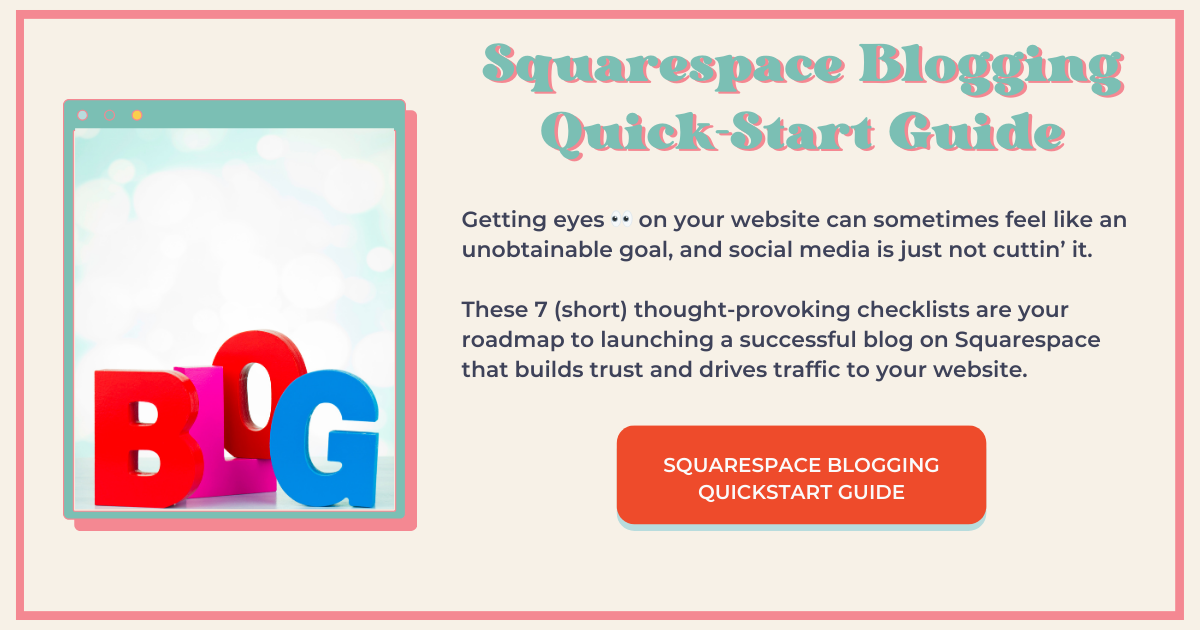Are You Talking About Yourself Too Much in Your Content?
Are you talking about yourself too much in your content?
As a gen-xer, I’m considered a 13er, or the lucky 13th generation born since the American Revolution.
We’re known as the generation whose childhoods largely lacked adult supervision during our formative years.
Growing up we were not treated like the most important person in the room, we weren’t given participation awards, and we didn’t see therapists to help us cope with the normal challenges of life.
So you can imagine how narcissistically assaulting we often find self-congratulatory marketing content, largely demonstrated on social media channels, in blogs, and on those ‘About’ pages of your website.
The fact is, those strategies are off-putting and unrelatable to your potential clients. No one cares or wants to know anything about you unless you can demonstrate your ability and/or your authority to solve their problem, and even then, they don’t want you to go overboard and start bragging.
This post unpacks some things your audience doesn’t want you to talk about in your content so that you will leave those details out and prevent your ideal clients from looking for answers elsewhere.
Stop Talking About Yourself in Your Content
Every time I go to LinkedIn and scroll down the feed, I am assaulted by businesses that talk all about how successful they are and how much money they made is a short period of time.
Friend, this is SO off-putting.
The fact is that people who are confident and secure don't do things like tell others their opinions about their own qualities or how successful they are.
As humans, we are wired to recognize people who talk about all their successes over and over as being insecure and needing validation. We question the viability of their claims and we want to engage with their brands LESS, not more.
I know what you’re thinking…
“But what about so-and-so? He/she does this and he/she is really successful.”
I know, I’ve seen it too, but how do you really feel when they talk about their success and how much money they make? Do you find them relatable, or do you find them unreachable?
Some marketing agency is probably telling them to go around talking about how successful they are so that you’ll feel bad about yourself and buy their product thinking it will make you as successful as they are.
But you know better than that.
Do this instead
Stop the self-congratulating and instead tell your target audience how you can help THEM and how successful THEY are. Maybe talk about how you helped someone ELSE achieve the thing your target audience wants to achieve.
Your ideal client wants to be the hero of their business, and what they need in order to achieve the success they are seeking is a Guide (YOU), not another hero.
Show them that you can help them solve their problem and their ears will perk up.
Tell them how much money you’re making and how successful you are, and they’ll either find you, 1) unrelatable or 2) they won’t believe you and they’ll recognize your neediness and insecurity and seek answers elsewhere.
Let me be clear
It IS okay to tell people how your techniques or strategies have worked for you in growing your business, but it’s NOT okay to gloat.
Yes, it does look like gloating when you talk about it all…the…time.
These statistics or successes as they relate to YOU should be sprinkled in, they should NOT be the primary focus.
The primary focus is your target audience, not you.
Don’t Talk About Your Personal Life
People only care about you to the extent that you can help them solve their problems.
IF you are going to put something personal in your content, do it very, very rarely. Sprinkle it in, don’t pour it on.
For example, if you feel like throwing in a picture of something personal as it relates to your content, like a picture of you and your mom on Mother’s Day, go for it.
But talking a lot about your personal life in your content isn’t only unprofessional, it’s boring and uninteresting to your target audience.
It conveys to others that you’re self-absorbed and that you think they are actually interested in your personal life. So much so that you’re willing to talk about yourself in your content, where you’re supposed to be helping your target audience solve a problem.
I realize you’re not really self-absorbed. You probably do this because you want to be relatable to your audience on a personal level. Your heart is in the right place. But trust me when I tell you, they…don’t…care.
You may get positive feedback, like, “Oh, your dog is so cute,” but how does your cute dog relate to your products or services?
If your cute dog DOES relate to your products or services, like maybe you’re a dog trainer, that’s different. Now it’s not personal, it’s business.
Does this make sense?
Your Ideal Client is the Hero
In the story of your business, (your brand message or brand narrative), your ideal client is the hero, not you.
By making your ideal client the hero, you are grabbing their attention, after all, who doesn’t want to be a hero?
When your content is all about helping your ideal client be the hero in their story, you position yourself as their guide, the one who is going to lead them to success, and they quickly realize that they need you more than you need them.
Your blog is the perfect place to provide all kinds of valuable content to help your target audience achieve their desired result.
Your content proves to them that you’ve got the authority and ability to help them solve their problem.
It’s much more effective than saying, “I’m so successful! Don’t you want to be just like me?”
Was this helpful?
Did you read somewhere that it’s a good idea to share personal experiences with your audience? Do you think you can justify talking about yourself because you have a “personal brand?” Are you confused about how to present yourself in the marketplace? Share your thoughts below 👇
This page contains affiliate links
Like this post?










